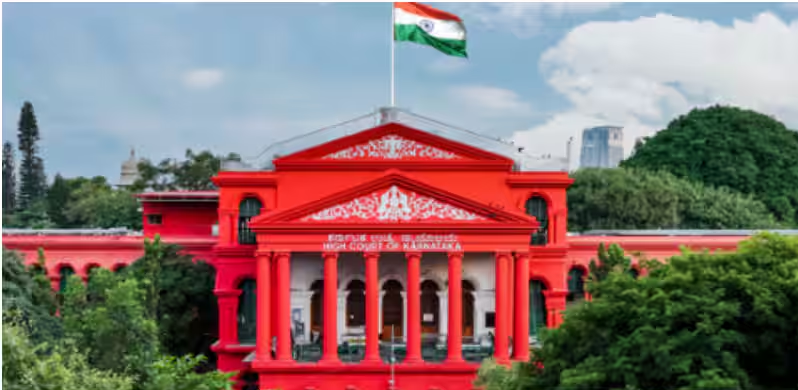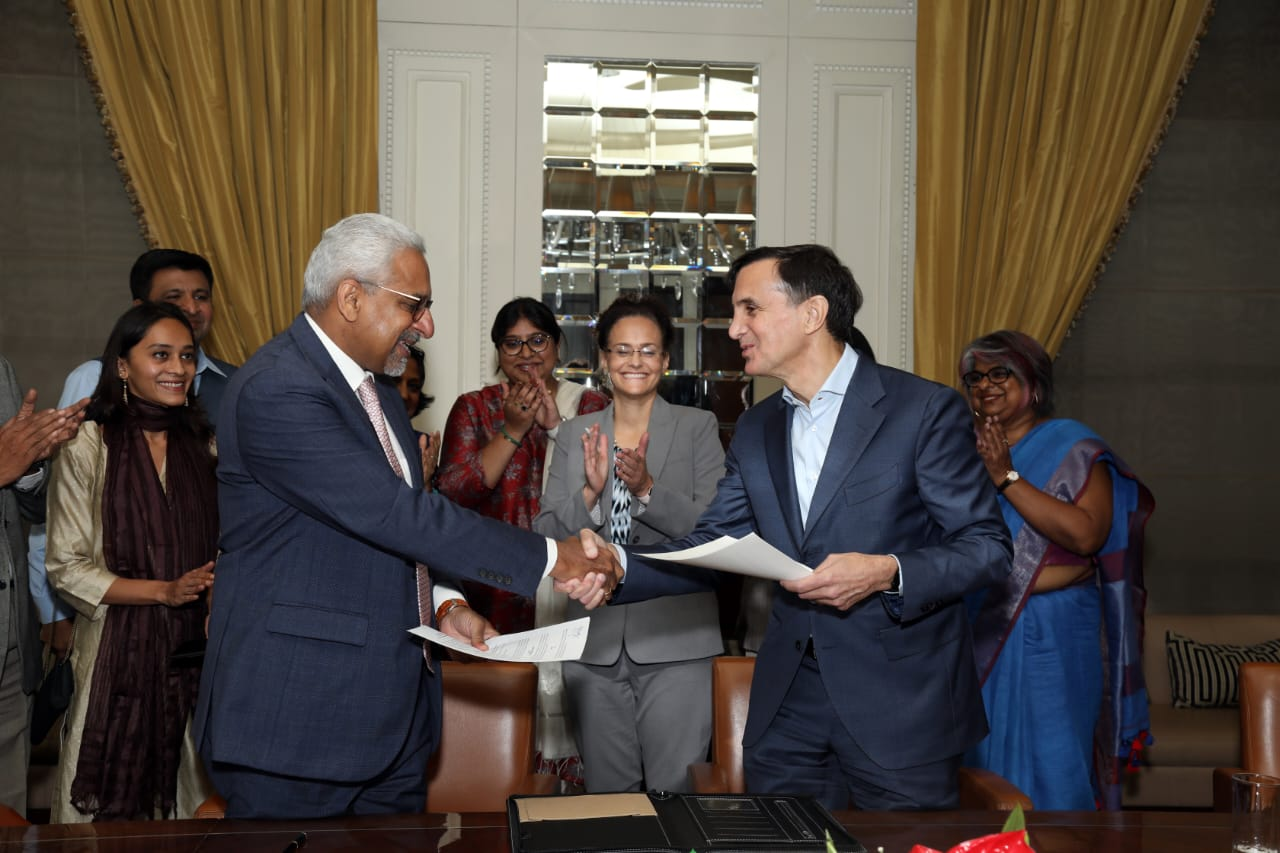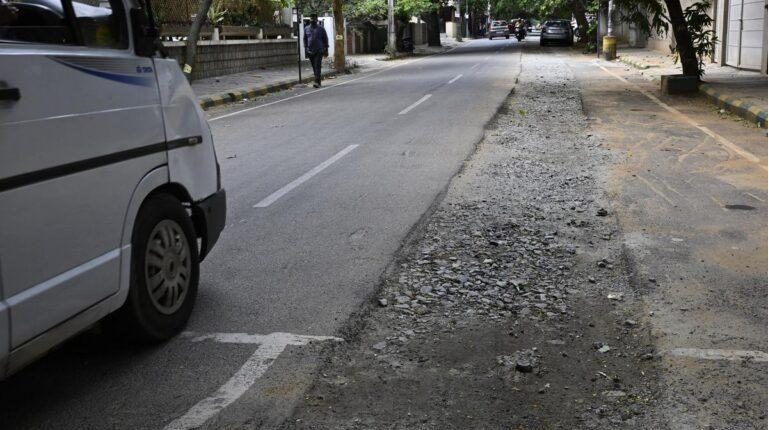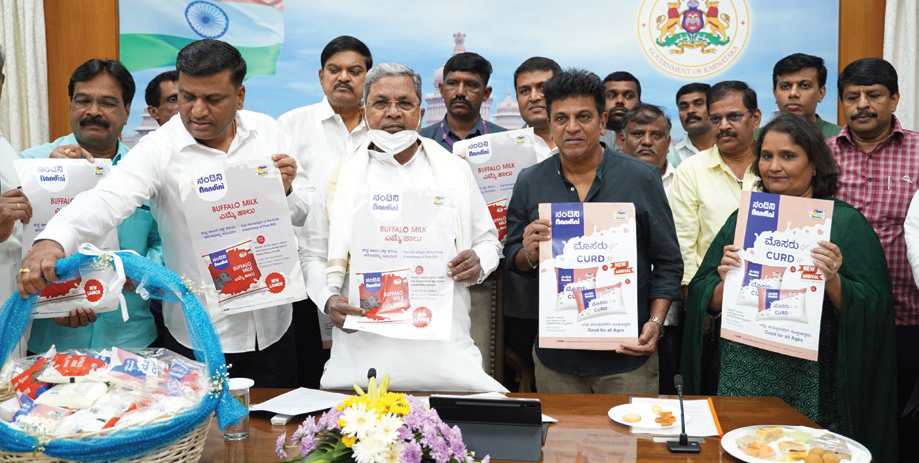
Access denied: Ongoing struggle for accessibility in Bengaluru for physically special individuals
Sowmya Raju | NT
Bengaluru: Despite advancements in technology and awareness campaigns in Bengaluru, people who are physically disabled still face significant barriers to accessibility in their daily lives. Public spaces and buildings in the city frequently lack appropriate accommodations such as wheelchair ramps, accessible parking spaces, and elevators, making it difficult or impossible for people with physical disabilities to navigate them independently.
Additionally, many online platforms and digital media are not designed with accessibility in mind, making it challenging for individuals with visual or auditory impairments to access information and communication.
These barriers can lead to social exclusion, limited employment opportunities, and restricted access to education and healthcare. A Nandini, a visually impaired person who works with ActionAid said, despite efforts to improve accessibility in public transportation, people with physical disabilities still face challenges when it comes to accessing public transport.
In some cases, there may be a lack of accommodations such as wheelchair ramps or accessible seating. In other cases, the design of the vehicles themselves can be a barrier to accessibility, such as BMTC buses in the city.
Talking about the access to public transport in the city, the Director of Fundraising and Communications of The Association of People with Disability (APD), India, K P Sunil Kumar said, while the development of metro systems has been a positive step towards improving accessibility, there are still limitations in terms of connectivity and access for people with physical disabilities.
Although the Directorate of The Welfare of Disabled has a multidimensional approach to ensure the overall welfare and development of persons with disabilities (PWDs) in Karnataka such as several policies and schemes, including the monthly maintenance allowance of Rs 400 to 4 lakhs PWDs, mandatory allocation of 3% of sectoral budgets to the disabled, mandatory reservation of 3% and 5%, basic needs have been denied to them.
According to Nandini, who has faced all these issues first-hand the biggest issue is not considering the physically disabled people as citizens. When questioned why, she responded, “A city is planned based on the requirements of its citizens, and when there is absolutely no accessibility to disabled citizens, it means the government is lacking in providing accessibility to us.”
She also added that roads, pedestrian pathways, and public transport should be constructed to suit the needs of all citizens with different needs. She questions, “How can a visually impaired person know which bus is arriving, and the destination point of the bus or the specific bus stops without any audio announcements?”
The former State Commissioner of Rights of Persons with Disabilities (RPwD) Act, V S Basavaraju opined that accessibility to public amities is beyond disabled people. It is also about the lack of accessibility to senior citizens, pregnant women and children. He explained that the issue is three-fold, “First one is the lack of technical understanding that is needed to make the city PwD friendly, then it is not just about making the city accessible, it is about making the citizens aware about the amenities and the most important aspect is meaning the amenities that have been provided to them.”
What can be the solution?
According to K P Sunil Kumar who has aided over 200 differently-abled students through his organisation, said it is essential that schools are sensitised about the PwD students and made it easier for them to access the amenities in the school.
Basavaraju opines that the accessibility to the PwD people now is much better than how it used to be, it still has a long way to go. He suggests that the government can take the help of youngsters and college students to make the city better for people with physical disabilities. He said, “The skills and energy that youngsters have can be enforced positively for the PwD.”
Nandini also opined that it is important to sensitise schools to the needs of PwD students and making amenities more accessible is essential, as is raising awareness among teachers and fellow students.
 English daily published in Bengaluru & Doha
English daily published in Bengaluru & Doha


.png)



